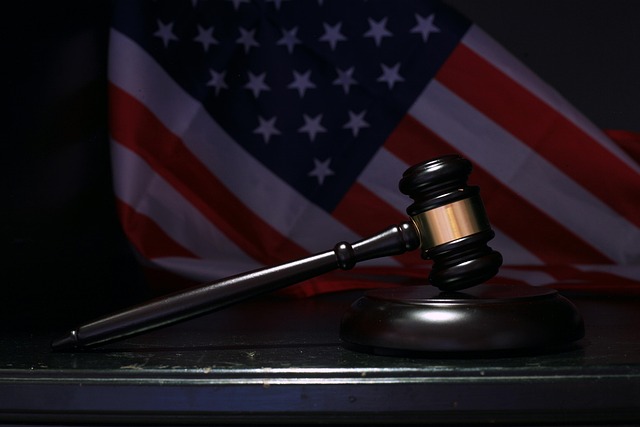Teen Challenge programs, marketed as solutions for at-risk teens with addiction or behavioral issues through intense religious therapy, have faced scrutiny over reports of abuse and psychological harm. Critics argue that their coercive nature can negatively impact mental health. Legal battles, including Teen Challenge lawsuits, initiated by survivors, aim to hold these programs accountable, advocate for teen rights, and prevent future mistreatment. Navigating these lawsuits is complex but vital for justice and support for affected individuals. Attorneys specializing in personal injury help interpret the law, guide clients through the system, and ensure compensation for trauma suffered. This strategic approach involves understanding client experiences, reviewing evidence, leveraging prior cases, and examining contractual agreements to achieve justice.
Advocacy for survivors of Teen Challenge programs is a crucial step towards healing and justice. This article explores how lawsuits can serve as a powerful tool for accountability, compensating victims for past traumas, and preventing future harm. We’ll delve into the inner workings of Teen Challenge programs, examine legal options available to survivors, and uncover strategies for effective representation in Teen Challenge lawsuits.
- Understanding Teen Challenge Programs and Their Impact
- Navigating Legal Options for Survivor Advocacy
- Strategies for Effective Teen Challenge Lawsuit Representation
Understanding Teen Challenge Programs and Their Impact

Teen Challenge programs, often characterized by intense religious conversion therapy and discipline, have been a subject of scrutiny due to reports of abuse and potential psychological harm. These programs, typically targeted at teens facing various challenges like addiction or behavioral issues, promise transformative change through strict rules and structured environments. However, critics argue that such methods can be coercive and detrimental to young people’s mental health.
The impact of Teen Challenge Programs has been a point of contention in legal circles, with survivors initiating Teen Challenge lawsuits to seek justice and accountability. These lawsuits not only shed light on the alleged mistreatment within these programs but also advocate for the rights and well-being of vulnerable teens, aiming to prevent similar instances of abuse in the future.
Navigating Legal Options for Survivor Advocacy

Navigating legal options for survivor advocacy in the context of a Teen Challenge lawsuit can be complex, but it’s crucial for ensuring justice and support for those affected. Many survivors may not initially understand their rights or the legal process, making it essential for them to seek guidance from experienced attorneys who specialize in personal injury or wrongful death cases. These professionals can help interpret the law, explain available options, and guide survivors through the legal system.
A Teen Challenge lawsuit involves holding accountable individuals or institutions responsible for the harm caused to participants during their involvement with the program. This could include physical, emotional, or psychological injuries resulting from abuse, neglect, or unsafe conditions. Legal avenues can provide a platform for survivors to share their stories, seek compensation for their suffering, and contribute to preventing future instances of mistreatment within similar programs.
Strategies for Effective Teen Challenge Lawsuit Representation

When representing survivors of Teen Challenge programs through lawsuits, a nuanced and strategic approach is essential. Attorneys should first dive into understanding the unique dynamics and challenges faced by former participants. This involves meticulously reviewing the specific experiences of the clients, including any abuse, manipulation, or financial exploitation they endured during their time in the program. Building a strong case requires compiling compelling evidence, such as personal testimonies, documentation, and expert opinions, to highlight the organizational negligence or misconduct.
Effective representation also means employing innovative legal strategies tailored to Teen Challenge lawsuits. This could involve utilizing prior cases as precedents, exploring state and federal laws regarding religious organizations and their liability, and examining the program’s contractual agreements with participants. By combining a deep understanding of the clients’ experiences with robust legal tactics, attorneys can ensure that survivors receive justice and compensation for the trauma they endured.
In light of the above, it’s clear that advocating for Teen Challenge survivors through lawsuits is a crucial step in ensuring justice and healing. By understanding the impact of these programs and navigating legal options effectively, we can create a symphony of support for those who have endured emotional and physical challenges. Effective lawsuit representation strategies are essential to hold organizations accountable and foster a culture where no one is left behind. Remember that each lawsuit is a testament to the resilience of survivors and a step towards revolutionizing support systems for at-risk youth.
